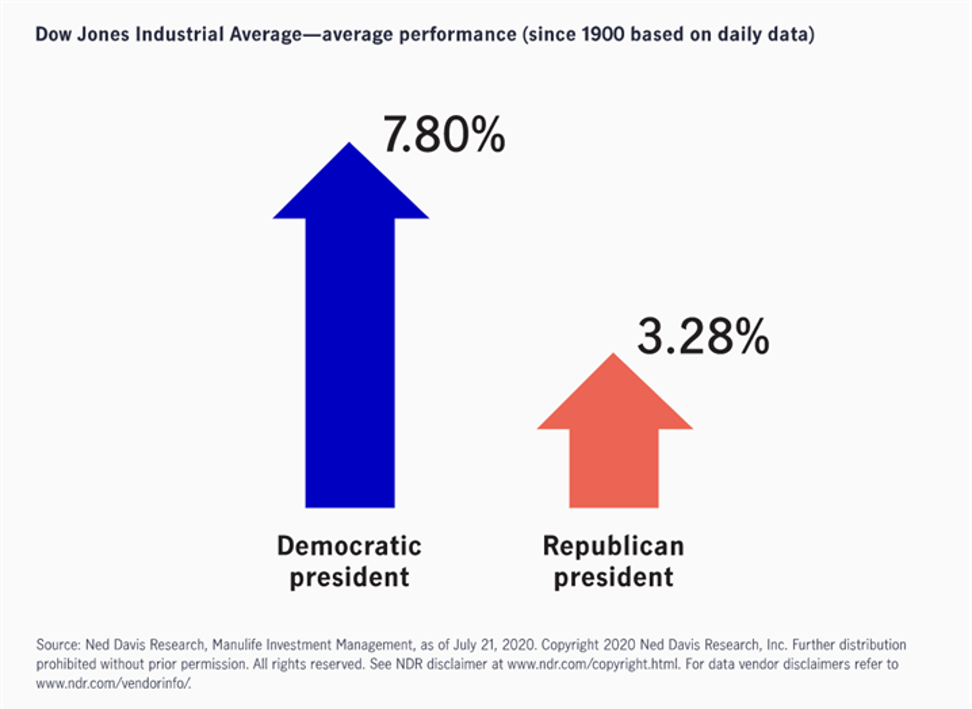
US elections: As November 3 draws near, the case is building for global traders to buy Asia stocks over US equities
- Since hitting an all-time low relative to the S&P 500 on September 2, the MSCI Asia-Pacific Index has outperformed the US benchmark by almost five percentage points
- That nascent trend is expected to persist at least through the November poll and potentially beyond, according to strategists
An expected surge in election-related volatility in the US stock market is paving the way for Asian shares to make a run at besting their American peers.
Since hitting an all-time low relative to the S&P 500 on September 2, the MSCI Asia-Pacific Index has outperformed the US benchmark by almost five percentage points. That nascent trend is expected to persist at least through the November poll and potentially beyond, according to strategists.
“There is a better than average chance that Asian stocks will outperform US stocks over the course of the next month,” said Eoin Murray, head of investment for international business at Federated Hermes. “The volatility rise will be more pronounced in US risk assets, and will pervade more globally but with less strength.”
“The probability of Asian equities’ outperformance will be higher under a Democratic landslide win,” said Nader Naeimi, head of dynamic markets with AMP Capital. “I firmly believe that trend will continue, Asia is under-owned and the US is over-owned.”
Asia will also benefit from China’s strong economic recovery, a weakening dollar that has likely seen an end to its decade-long bull market, as well as a rotation into cyclicals and value, Naeimi added.
Thomas Poullaouec, head of multi-asset solutions for Asia-Pacific at T. Rowe Price, also believes the region’s stocks are better placed than their US peers to benefit from the recovery stage of the global economic cycle.
“Asian markets have been outperforming recently and we could expect this trend to continue in the short term as the market rewards more cyclical exposures tied to the economic recovery,” he said. Strong earnings revisions and more attractive valuations also favour Asia over the US, he said.
The MSCI Asia-Pacific is trading at 16.5 times its 12-month forward earnings, compared to the S&P 500’s multiple of almost 22 times.
Still, Asian equities won’t be immune to the results of the election, especially their implication for the future of the US-China trade war, according to Daniel Gerard, senior multi asset strategist with State Street Global Markets.
“Elections are only a part of this story as a resurgence in US-China tensions is likely as soon as we move past November 3 – US election day,” he said, adding that this suggests a “rocky” fourth quarter.



